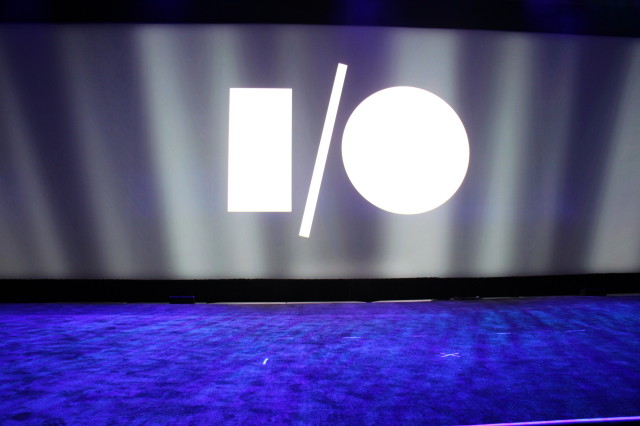
Being what some would call a bit of a fanboy, making the pilgrimage to Google’s annual developer conference was nothing short of a dream come true. I sit here in the cabin of this airplane, unable to relax and unable to close my eyes like unlike many other passengers during our journey across the country. The truth is, even though Google I/O 2014 has come and gone, the best is yet to come. And that’s what’s truly exciting. Before we talk about the future, let’s revisit and reflect on not only the events, but the experiences over the past few days.
Google provides live streaming for countless sessions as well as their highly anticipated keynote presentation for all to watch and listen to from anywhere in the world. Yes, the keynote is where we learn all of the juicy details about Google’s upcoming products and services, but as I mentioned, you can get that at home.
For me, the true experience of Google I/O comes from the relationships built and social aspect of the conference. Attending Google I/O allowed me to meet some truly amazing people from the Android community that I’ve wanted to meet for years. From big bad famous Googlers, to ex-Googlers, to Android bloggers, and all sorts of friends from far and wide that I’ve only known on Google+ for the past 3 years. Being able to finally meet and hang out with so many of these amazing people made the past few days just truly awesome (Queue everything is awesome music.)
After parties and social aside, Google taught us this year that Android is everywhere and it’s going to get even better as time goes on.
Android One is going to provide low cost phones to remote places of the world where having a capable smartphone is sometimes out of the question. Google has well over a billion Android devices out there right now. The next billion consumers are ready to join the Android ecosystem.
With Android Auto, Google will ultimately make the roads safer by removing some of our technological distractions while we’re on the road. Google’s success with the smartphone market is now being applied to the automobile industry. The connected car is here, now let’s unify the experience.
As for Android TV, Google is really putting the brand into the product this time around. Android TV will provide a rich and unified entertainment experience for the living room. Chromecast is here to stay if you’re interested in streaming content, however if you’re into gaming and apps, you’ll want something a bit more powerful. Android TV is the answer.
Android Wear aims to show the ever expanding wearables space just exactly how Google plans to shape the wearable computer industry. Being able to seamlessly integrate your wearable device into your current platform and ecosystem is very rewarding. In fact, in just two days time I’ve come to love my LG G Watch more than Google Glass, which I’ve had for a year. This could also be the fact that my Glass only lasts 1-2 hours before dying, but that’s a story for another time.
The Android L preview is not only gorgeous (sorry, fanboy remember?), but it brings about many changes to Android that makes the experience easier for consumers. However, the real point here is that Google took a pointer from Apple and released a developer preview months in advance, giving developers time to ready their applications and services. This will result in a more stable final release as well as (fingers crossed) more applications using the new design language, resulting in apps not looking out of place when it comes to matching the new style.
The future of Android and Google’s new plans to unify all of their platforms in design as well as integration show us that the future is going to provide stellar user experiences when Android reaches it’s final form. We’ll no longer think of Android Auto, Android TV, Android Wear, or any other facet of Android. We’ll just think of Android as one large platform spanning across various devices and gadgets. A platform to unify all of the things.
Lastly, I’d like to thank our Rob and Steve for making Google I/O so enjoyable and an experience I’ll never forget. Here’s to the future of Android with Phandroid and Google I/O 2015.

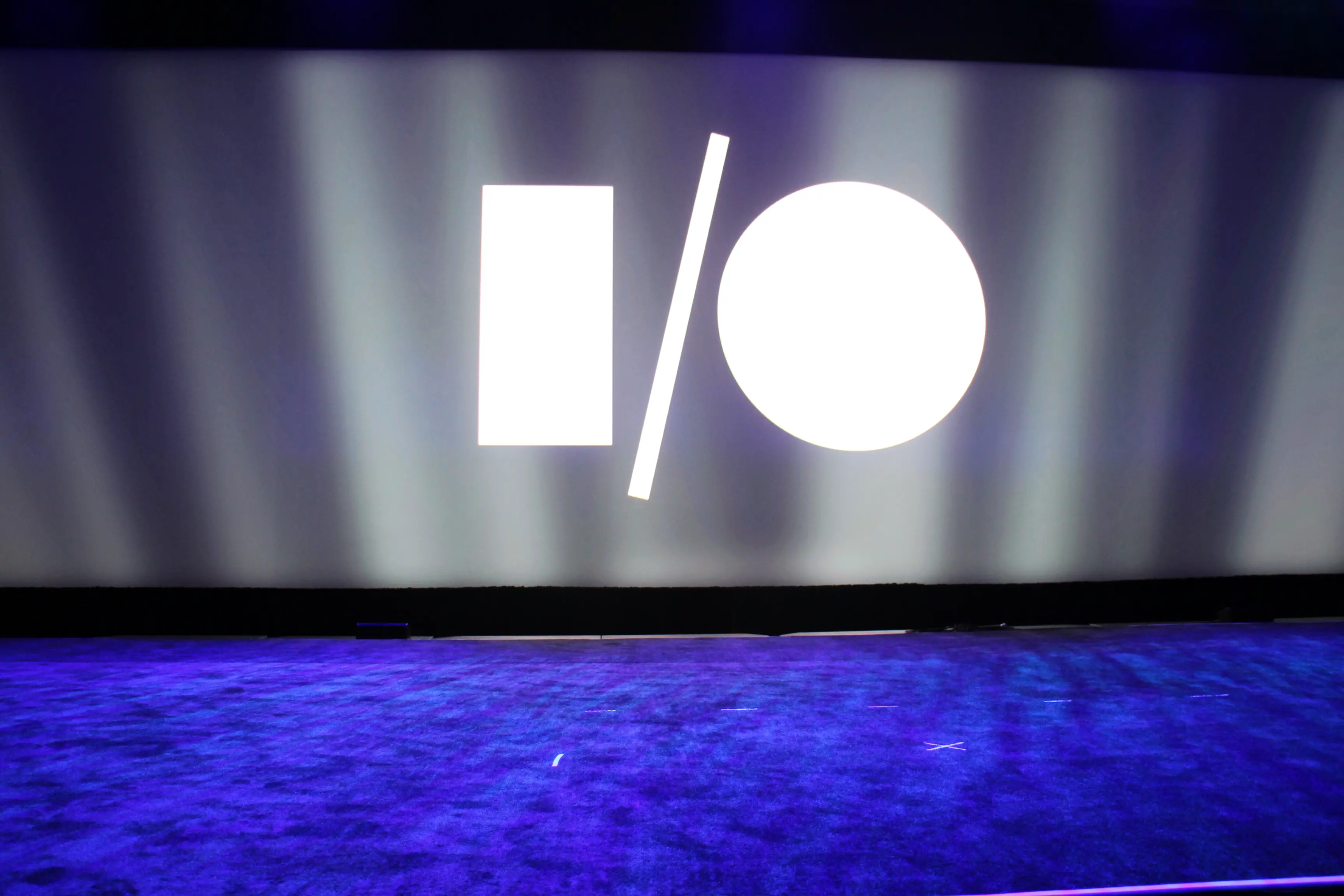

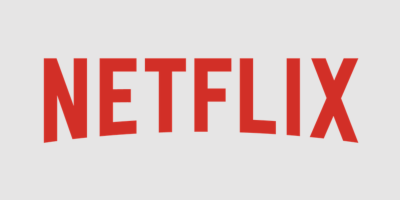
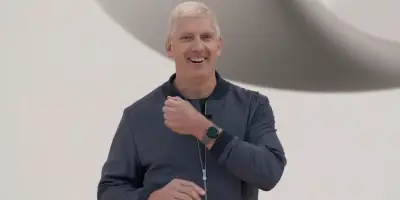
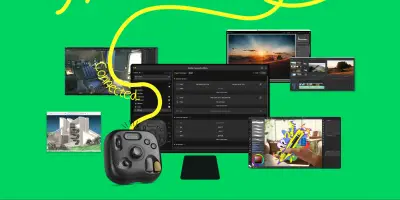
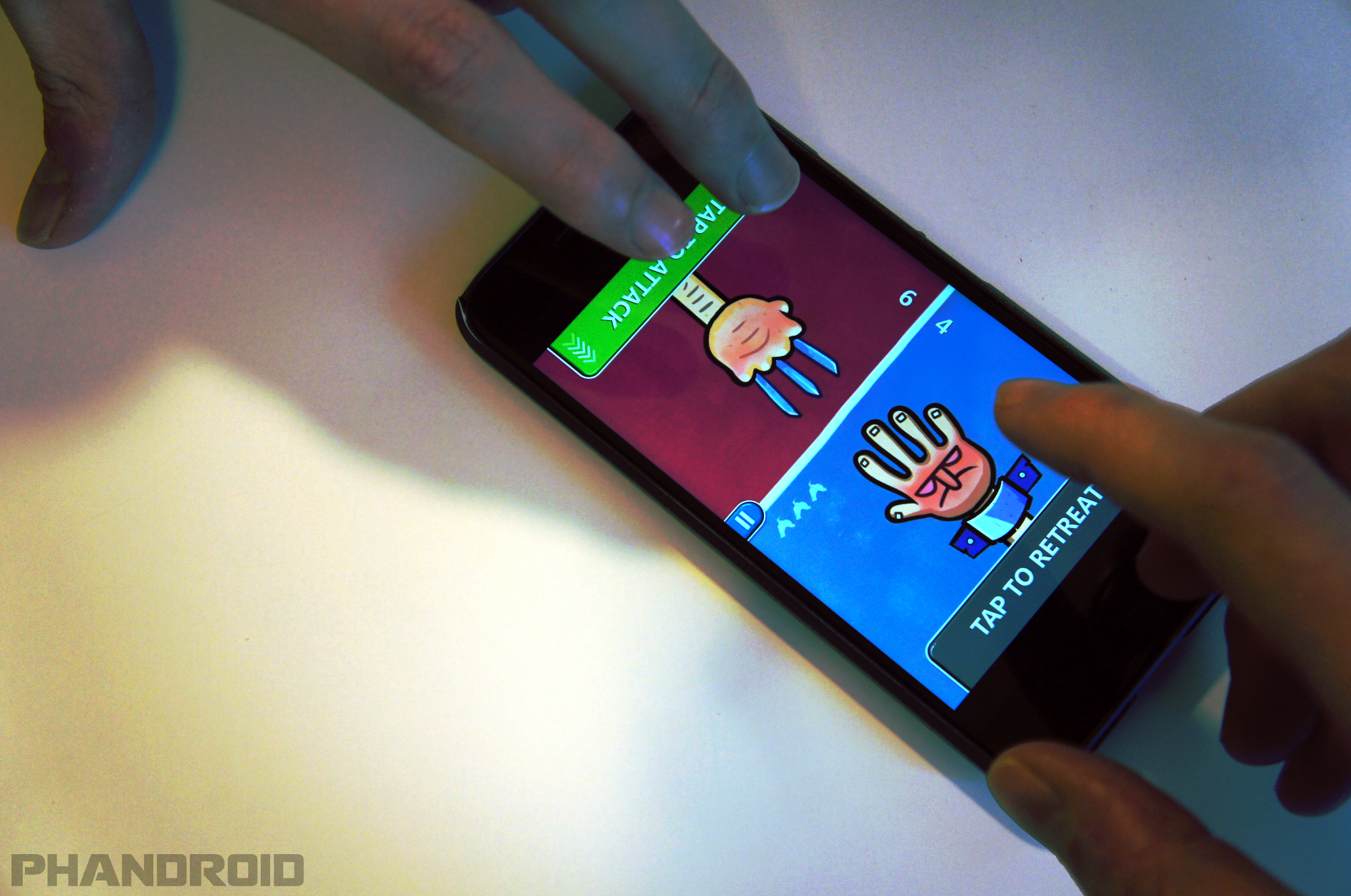
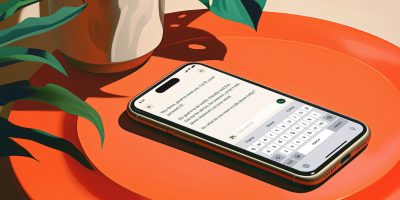
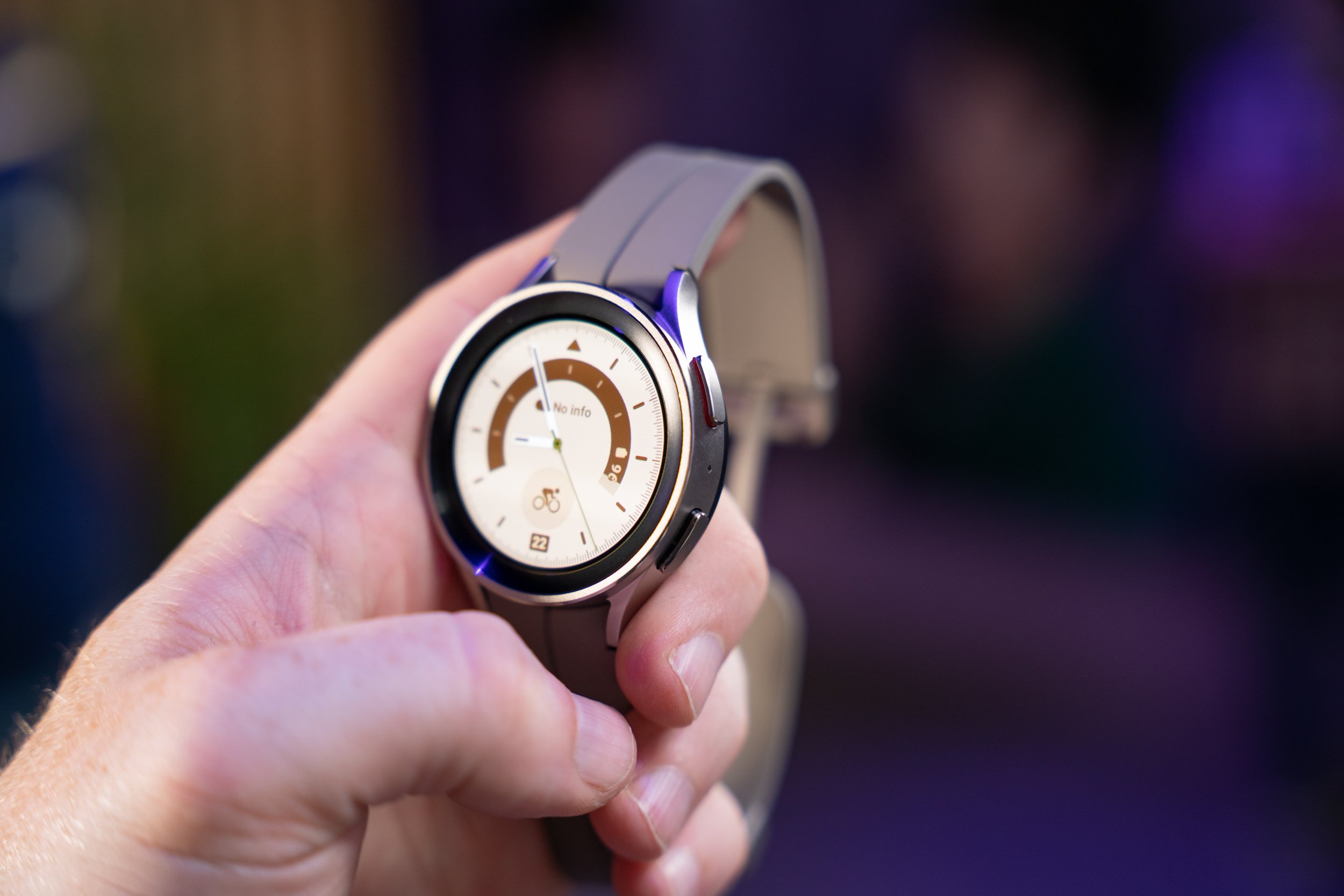
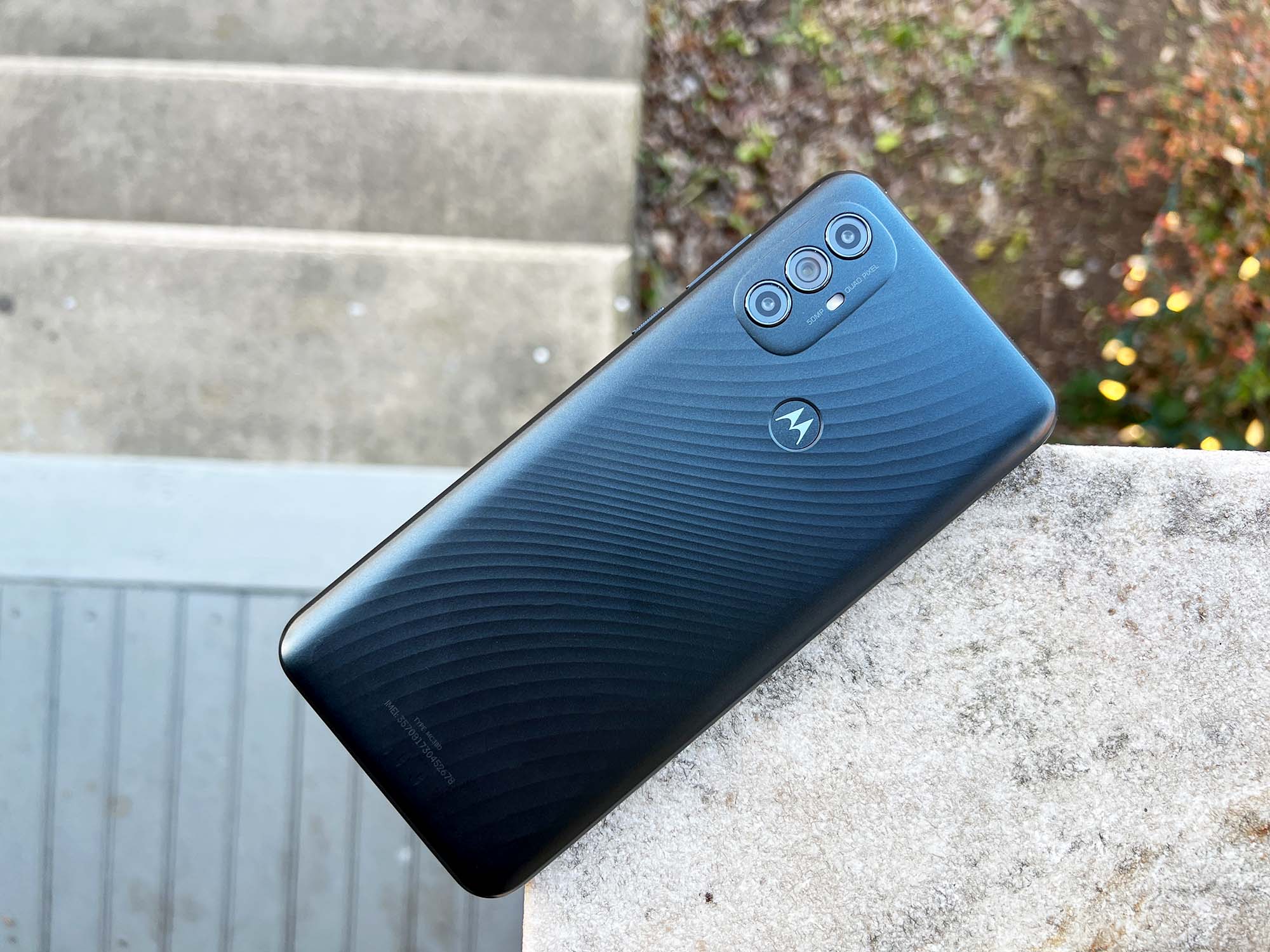
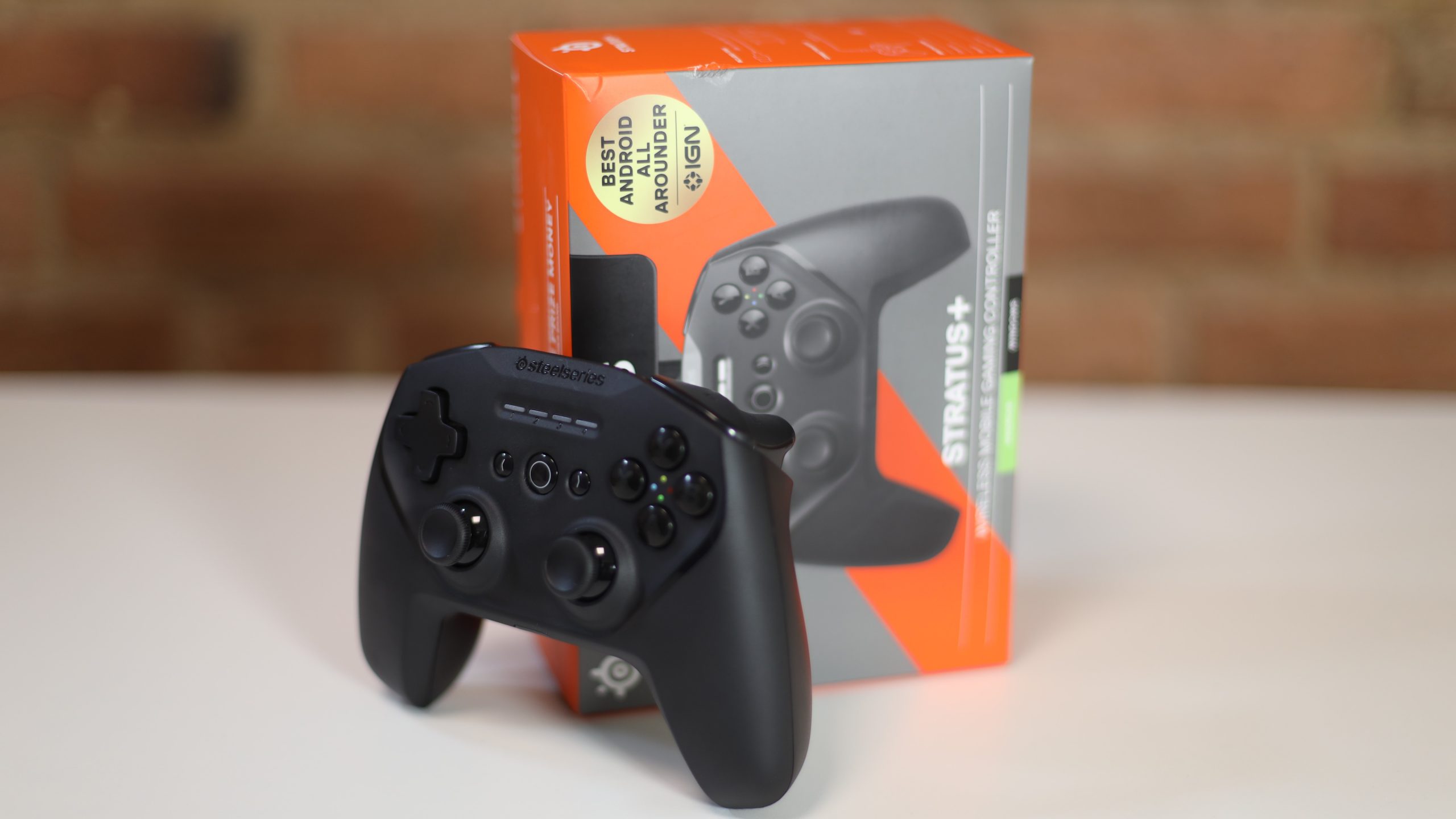

This was a relatively underwhelming Google I.O. unfortunately, at least for a non-devs like me. And that may be a good thing. The seemingly reduced amount of swag will hopefully, in turn, reduce the numbers of attendees who go only for the swag, giving spots to true developers. And since Google I/O is a Developer’s Conference, the focus can be, of course, on development.
Though being the Android tech fan that I am, I was honestly hoping for much more than what they presented.
*They didn’t really expand on Google Glass–a product I’d like to see go commercial sooner rather than later.
*I was hoping for a Silver announcement so I can look forward to more devices other than Nexus that will receive timely support and updates (I know GPE’s exist but the selection is rather limited IMO).
*I was hoping that “L” would finally include what a couple OEM’s have been including for awhile: a split screen/multi-window that can be used with ALL apps rather than a select few—but of course, I know next to nothing about development and don’t know how hard it can be to implement such a thing.
Again though, the above is just me being selfish. What happened at I/O is probably good for future I/O events.
Personally, I think multi-window is a mess and Google wouldn’t have implemented it… ever.
Still less users than Windows, and that’s before Windows now rolling out free on mobile and tablets. No windowed multi tasking, no pen support, no Office, no print etc. Heck, not even trackpad or mouse cursor support.
Oh and Windows already has a unified User interface across OS and apps. Will take Android at least 2 years to catch up on that, if ever.
And Chromebook? What’s the point of enabling Android apps without touch?
Face it. Google’s os story is a mess. A fragmented, malware infested cess-pool of private data theft kind of mess. No wonder it was free.
I think your life is full of excitement.
More than Derek Ross it would appear.
I like the direction Google is going. This year’s IO was a really big step forward for a lot of things. For the wearables alone! If you think about it we now have a whole new platform that never existed before. While Pebble is great it can’t compare to the Android wear experience which ties in closely with Google’s services. The next few months are going to be exciting as these things are perfected and gain greater exposure.
I disagree with the idea that they “took a pointer from Apple”. Yes Apple does this, and they make a mobile OS too, and have a developer conference, and this year, the pattern is a perfect match.
But the more important thing isn’t that we have a beta at I/O, it’s that they’re doing a beta AT ALL. Before L, Google developed Android entirely in-house and in absolute secrecy, dumping it on the world as a final release with no testing by the majority of involved developers.
With “L”, we finally have a beta program. This is the way software gets developed. Apple does it. Microsoft does it. Ubuntu does it. Google did it on a lot of things.
This is long overdue, but I’m extremely thankful that Google is now doing the right thing. I hope they also begin releasing beta source code soon.